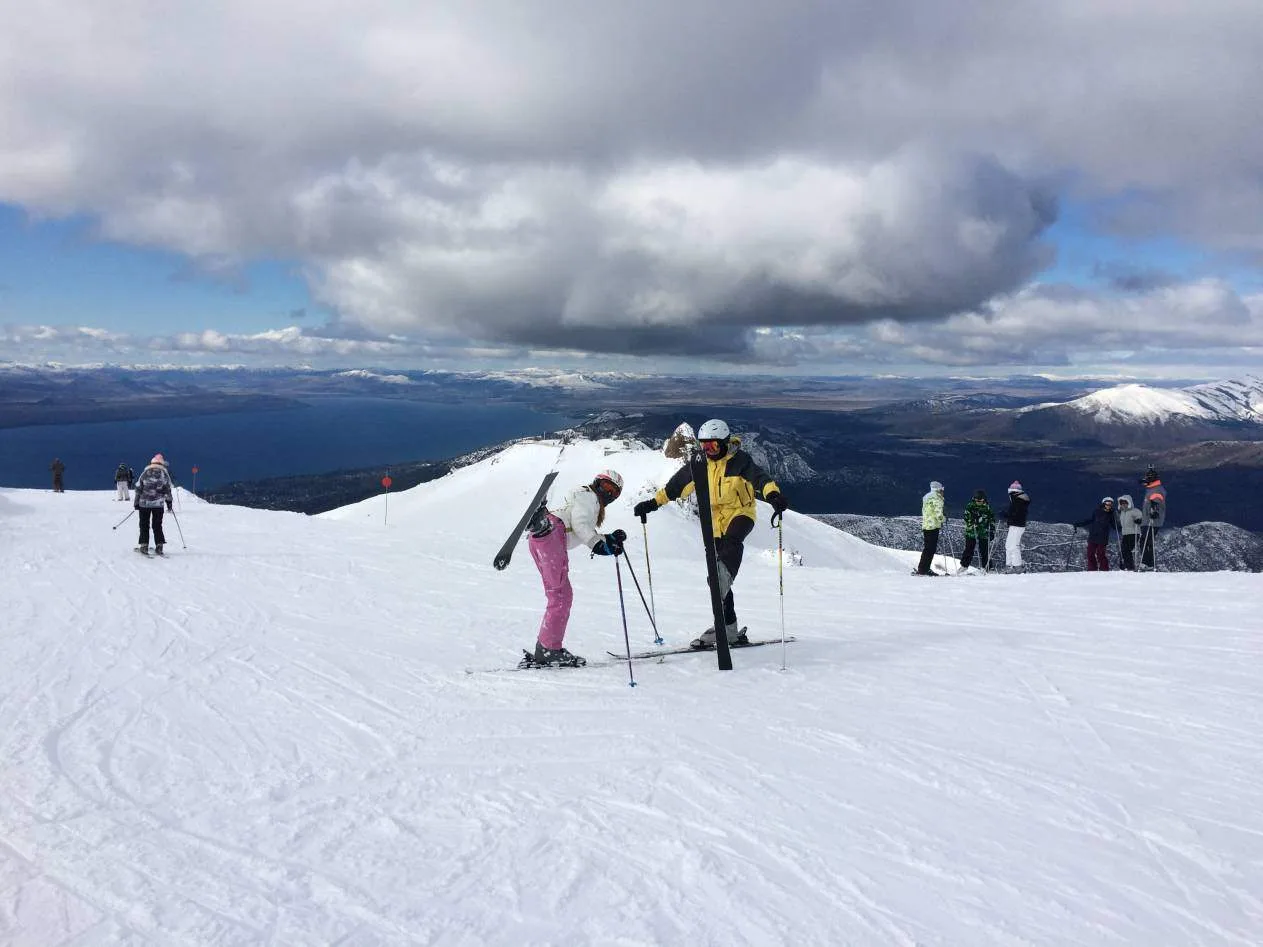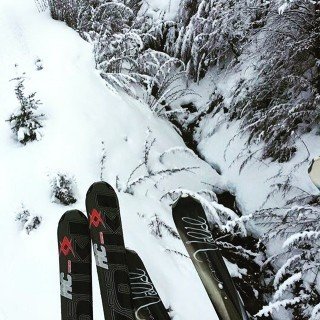With the winter skiing season ahead, you’ll want to know about a new study that says skiing could go a long way to reducing anxiety. This new study reported that skiers had a nearly 60% lower risk of getting diagnosed with anxiety disorders compared to non-skiers. But before you get FOMO let’s take a look at the key findings of the study.
Key findings
The Experimental Neuroinflammation Laboratory at Lund University in Sweden found physical activity may have a more positive effect on anxiety than previously known.
Let’s be honest, anxiety disorders are a growing global problem
Anxiety disorders impact up to 10% of people worldwide. It’s also twice as common among women compared to men. The researchers say, “onset is typically early in life, during childhood, adolescence, or early adulthood.
Poor physical health will impact your longevity
“Additionally, co-morbidity with depression or other mental illnesses is common. Several reports reveal poorer physical health and shorter life expectancy among patients with anxiety disorders. Unfortunately, up to half of the patients do not receive enough symptom relief when treated with first-line treatments.
These could include such as selective serotonin reuptake inhibitors (SSRI) or cognitive-behavioral therapy (CBT). Due to the high prevalence, early-onset, and frequency of treatment-resistance among individuals with anxiety disorders, their contribution to years lived with disability and economic burden for society is substantial.”
Why go skiing?
When you increase your physical activity levels, you’ll be healthier and increase your life expectancy.
Skiing and the study
The results were published recently in the journal Frontiers in Psychiatry. The researchers compared participants in the world’s largest long-distance cross-country ski race (Vasaloppet) with matched non-skiers from the general population.
Being physically active (a skier) is associated with around 60% lower risk of developing anxiety disorders. This was compared to matched individuals from the general population in an observational study following almost 400,000 individuals for up to 21 years.
Ideally skiing should be part of a healthy physically active lifestyle
The study showed that having a physically active lifestyle (being a skier) is associated with a substantially lower risk of developing anxiety disorders. Anyone dealing with anxiety, stress or depression should seriously consider using regular exercise to help manage stress.
But please don’t get too anxious if you cannot get your skis on. There are many other ways to exercise. You can even start by simply walking briskly a few minutes every day.
If you want to read the full study click here: https://doi.org/10.3389/fpsyt.2021.714014
References:
Physical Activity Is Associated With Lower Long-Term Incidence of Anxiety in a Population-Based, Large-Scale Study; https://doi.org/10.3389/fpsyt.2021.714014
- 1Experimental Neuroinflammation Laboratory, Department of Experimental Medical Science, Lund University, Lund, Sweden
- 2Center for Neurodegenerative Sciences, Van Andel Research Institute, Grand Rapids, MN, United States
- 3Department of Physiology and Pharmacology, Karolinska Institute, Stockholm, Sweden
- 4Department of Medical Sciences, Cardiology, Uppsala University, Uppsala, Sweden
- 5Department of Internal Medicine, Mora Hospital, Mora, Sweden






![women [longevity live]](https://longevitylive.com/wp-content/uploads/2020/01/photo-of-women-walking-down-the-street-1116984-100x100.jpg)









